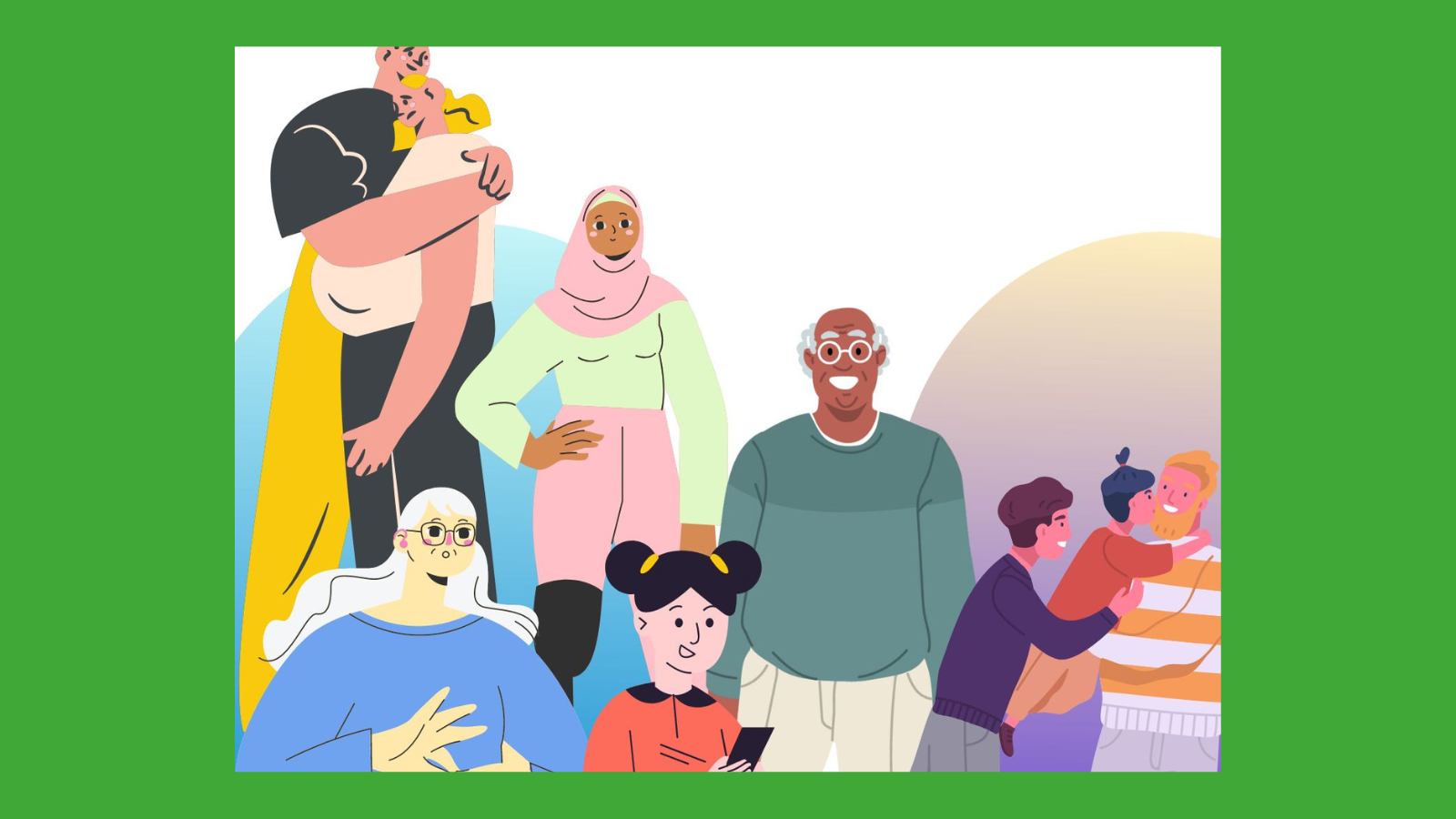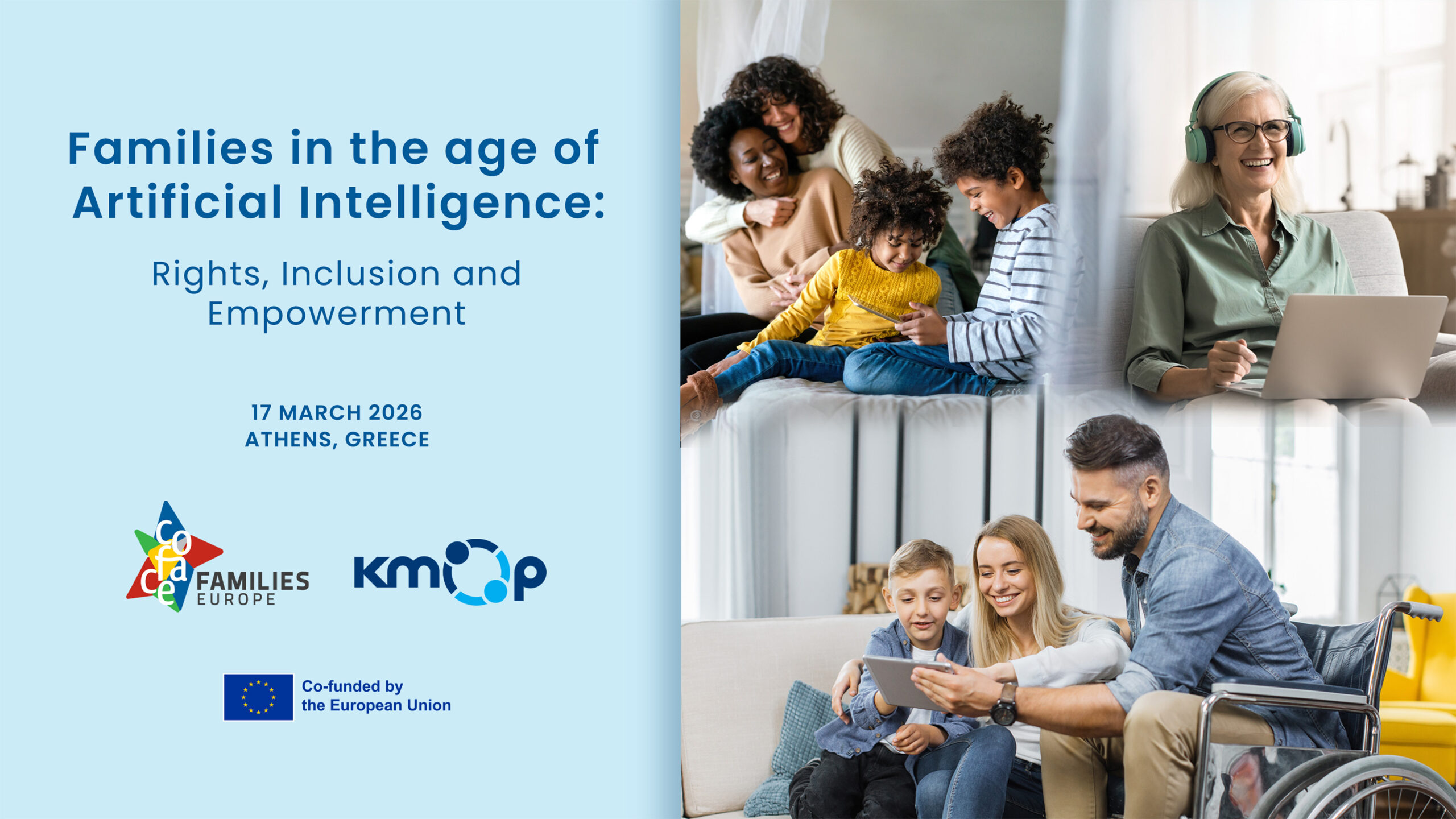European expert meeting on family diversity
co-organised by COFACE Families Europe and UNAF Spain
9.00-18.00
Tuesday 17th October 2023
Madrid, Spain
A 2020 OECD working paper “Treating all children equally? Why policies should adapt to evolving family living arrangements” refers to modern family life and the profound changes to children’s family living arrangements. An increasing number of children live with unmarried parents whose informal cohabitation implies unequal rights in terms of access to welfare benefit and social protection programmes compared to those in married life. In addition, children experiencing family dissolution are increasingly likely to share their time between the two homes of the separated parents, and/or to live in a stepfamily. The partnerships of rainbow families are still not recognised in many countries (even if progress is being made to ensure more inclusive data collection for same-sex families (OECD 2023); while single parent families and parents of children with disabilities are often overlooked by family policy/support systems. Family living arrangements are very diverse and not fully identified by official statistics and addressed by national family policies, with consequences on families’ living standards and their capacity to take risks and be resilient.
The context is one of fast-paced changes in labour markets and income security to which families have to act as key responsive entities, cushioning potentially negative impacts and enabling/disabling risk-taking and change. As well as being under care and work pressure, families are time-starved with negative impacts on their mental health and well-being.
Policy and support systems need more than ever to be inclusive, flexible, connected and complementary to ensure that families can be resilient to internal and external shocks. However, are these policies and services truly accessible to all types of families and are they designed with family diversity in mind? Families whose composition is less traditional are especially vulnerable and can be affected much more by social and economic hardships.
The European Union is taking different policy and legal initiatives to support this process under the European Pillar of Social Rights (e.g. EU Work-life balance directive, European Care Strategy, EU Child Guarantee), but more could be done to ensure that new social rights are fully accessible to all without discrimination.
The family policy mix generally consists of measures to address typical care and poverty challenges for families, such as work-life reconciliation, child-rearing support, long-term care, and financial and nonfinancial assistance for families in vulnerable situations. These measures are often designed and funded in different policy fields (education, employment, social, migration, housing).
This expert meeting co-hosted with UNAF Spain will:
- Provide an overview of the social rights of families at national and EU level
- Study policies to support families in Spain
- Take specific look at early childhood services and policies and their availability for different types of families
- Facilitate cross-country exchanges of good practices in family diversity policies
- Identify any gaps in eligibility or family policy designs
- Consider what adaptations of social protection systems and EU policies are needed.
Working languages: English and Spanish
Participants on invitation only: NGOs representing families, policy-makers, and researchers.
Full programme available in English here and in Spanish here.
See full Meeting report here.
———–
Links and presentations shared during the meeting
Text of the Spanish proposal for a Family Diversity law
EU Social Policy Through a Family Diversity Lens (presentation of Attila Böhm)
State of play on family policies in Europe: spotlight on 5 countries (presentation of Martino Serapioni)
Family diversity workshop (presentation of Beybin Elvin Tunç)
Activity on social media:
COFACE connects with its supportive network in Madrid (Twitter/X)
Peek into the heart of COFACE’s creativity (LinkedIn)




